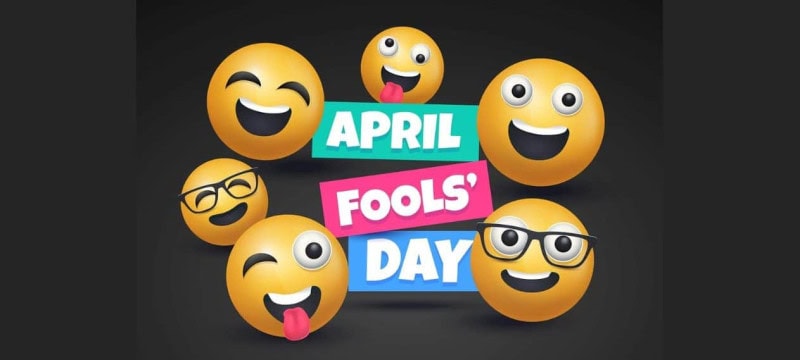April Fools’ Day, celebrated annually on April 1, is a time-honored tradition that has delighted cultures around the world for centuries. This festive occasion is marked by playful practical jokes, humorous pranks, and the jubilant exclamation of “April Fools!” as the jester reveals their mirthful trick.
April Fools’ Day, the annual celebration on April 1, is a delightful global tradition deeply rooted in history. The hallmark of this day is the art of playing lighthearted practical jokes, whimsical hoaxes, and comical tricks on friends, family, and acquaintances. These jesters typically conclude their playful deceptions with a triumphant shout of “April Fools!”
Origins of April Fools’ Day:
The origins of April Fools’ Day can be traced back to 1582 when France transitioned from the Julian calendar to the Gregorian calendar, following a mandate from the Council of Trent in 1563. The Julian calendar, similar to the Hindu calendar, marked the beginning of the new year with the spring equinox on April 1.
Individuals who were slow to adapt to this calendar change continued to celebrate the new year in the traditional April fashion. Consequently, those who recognized the shift often found amusement in playing pranks on the “April fools,” leading to the holiday’s name.
Historical Traditions:
Ancient traditions related to the season and celebrations such as “Hilaria” in Rome and the Egyptian myths of Osiris and Seth have been linked to the spirit of April Fools’ Day. In Rome, “Hilaria” marked a festive time celebrated by Cybele worshipers at the end of March, while Egyptian myths involved dressing as neighbors and engaging in playful teasing.
Vernal Equinox Connection:
April Fools’ Day is closely linked to the vernal equinox, which heralds the arrival of spring in the Northern Hemisphere. The day’s origins are a testament to the lengths people have gone to create a humorous and intricate celebration around the changing of seasons.
Modern-Day Pranks:
In contemporary times, April Fools’ Day is characterized by elaborate hoaxes and fictitious news reports. Newspapers, radio stations, television networks, and the internet have all contributed to this tradition by disseminating outrageous falsehoods that often bewilder and amuse their audiences.
Global Celebrations:
While April 1 is not a national holiday in the United States, many countries worldwide partake in the tradition of playing lighthearted pranks in honor of April Fools’ Day. For instance, in France, it is customary to attach a paper fish to as many unsuspecting individuals as possible. This tradition is particularly enjoyed by children, bringing laughter and fun to people of all ages.
April Fools’ Day stands as a testament to the enduring human desire for humor and good-natured mischief, connecting people across cultures and generations in shared laughter and playful deception.





